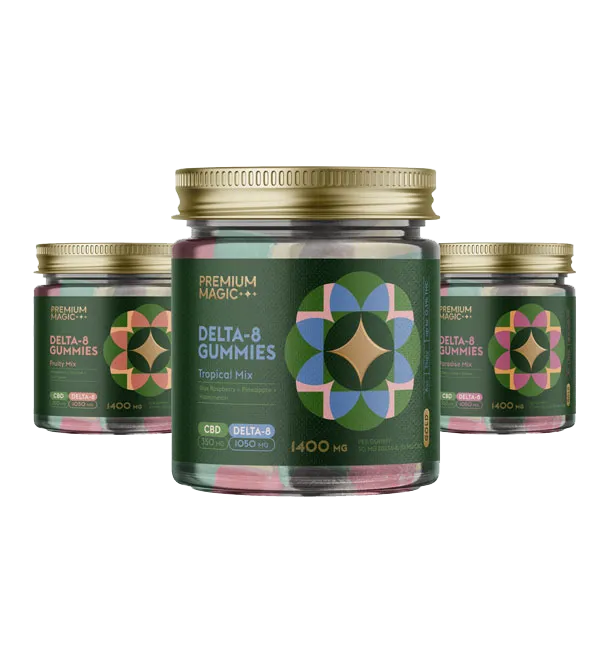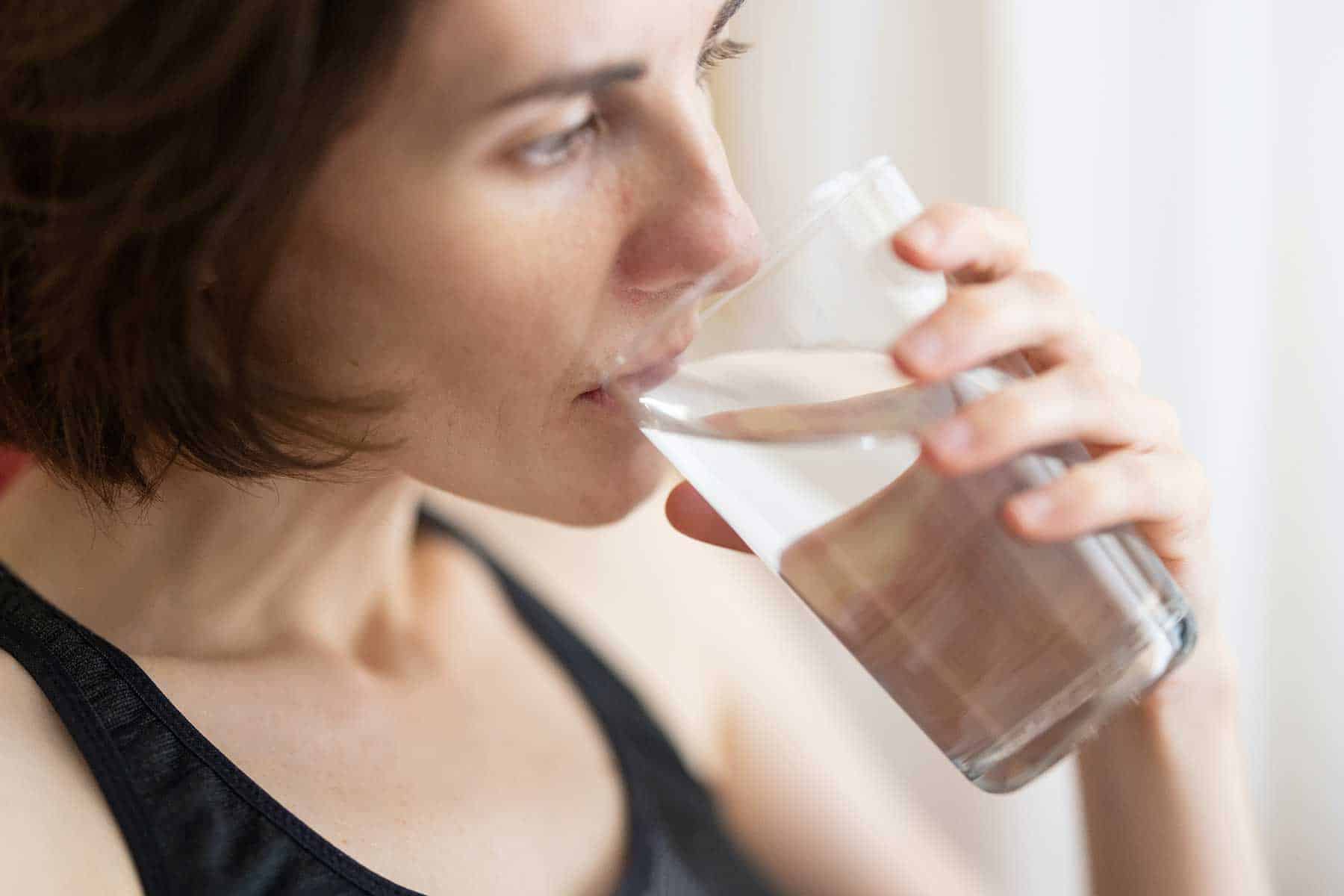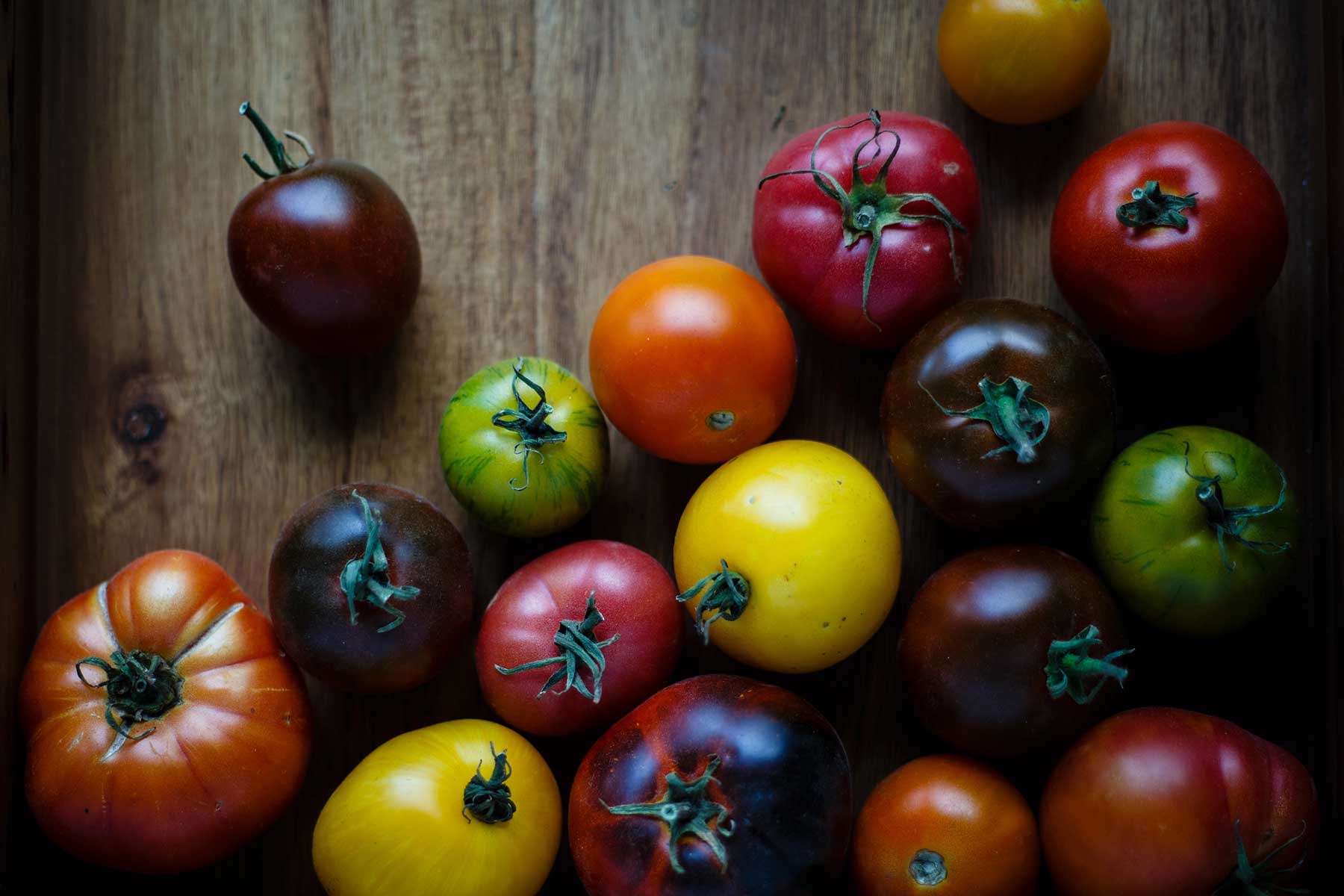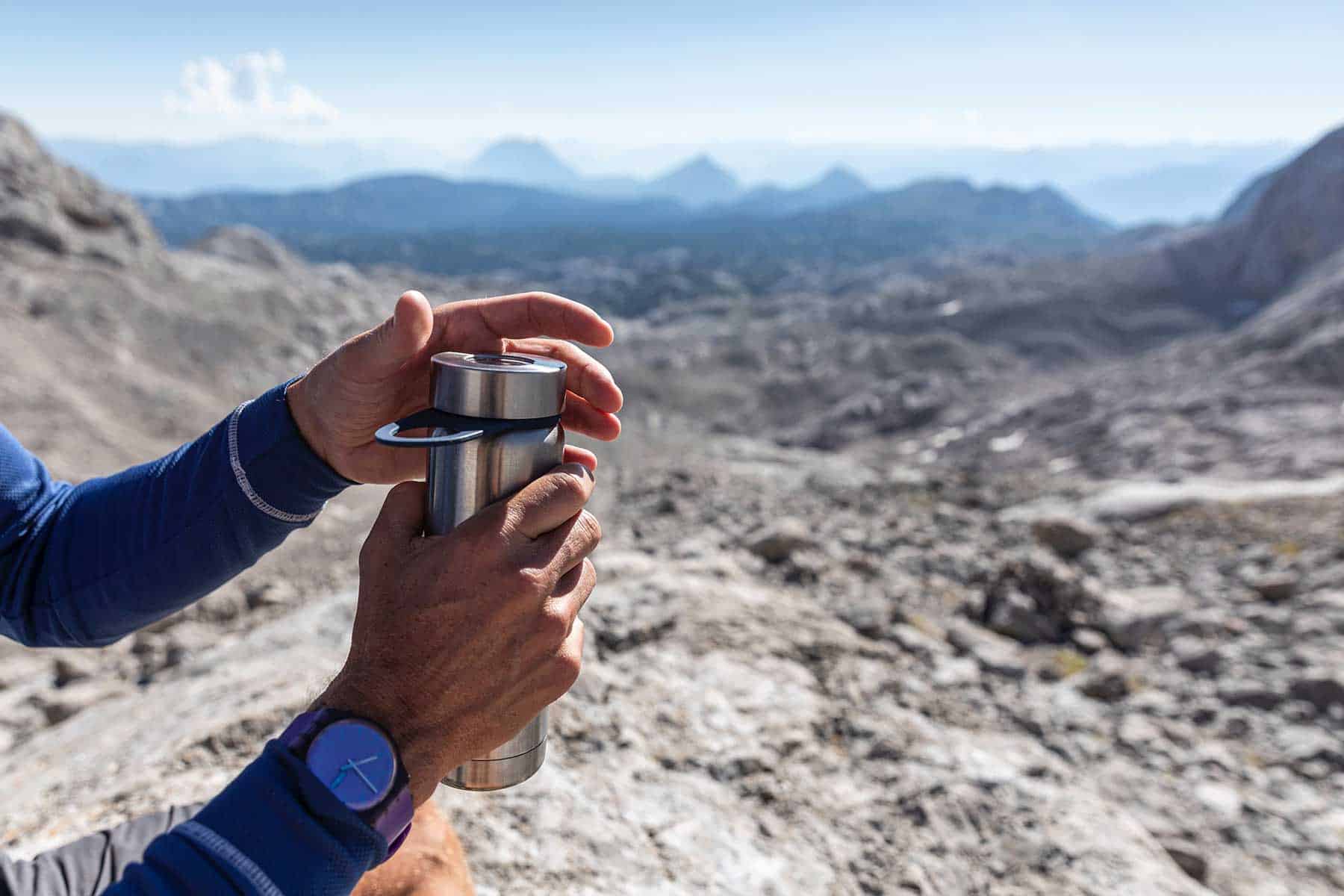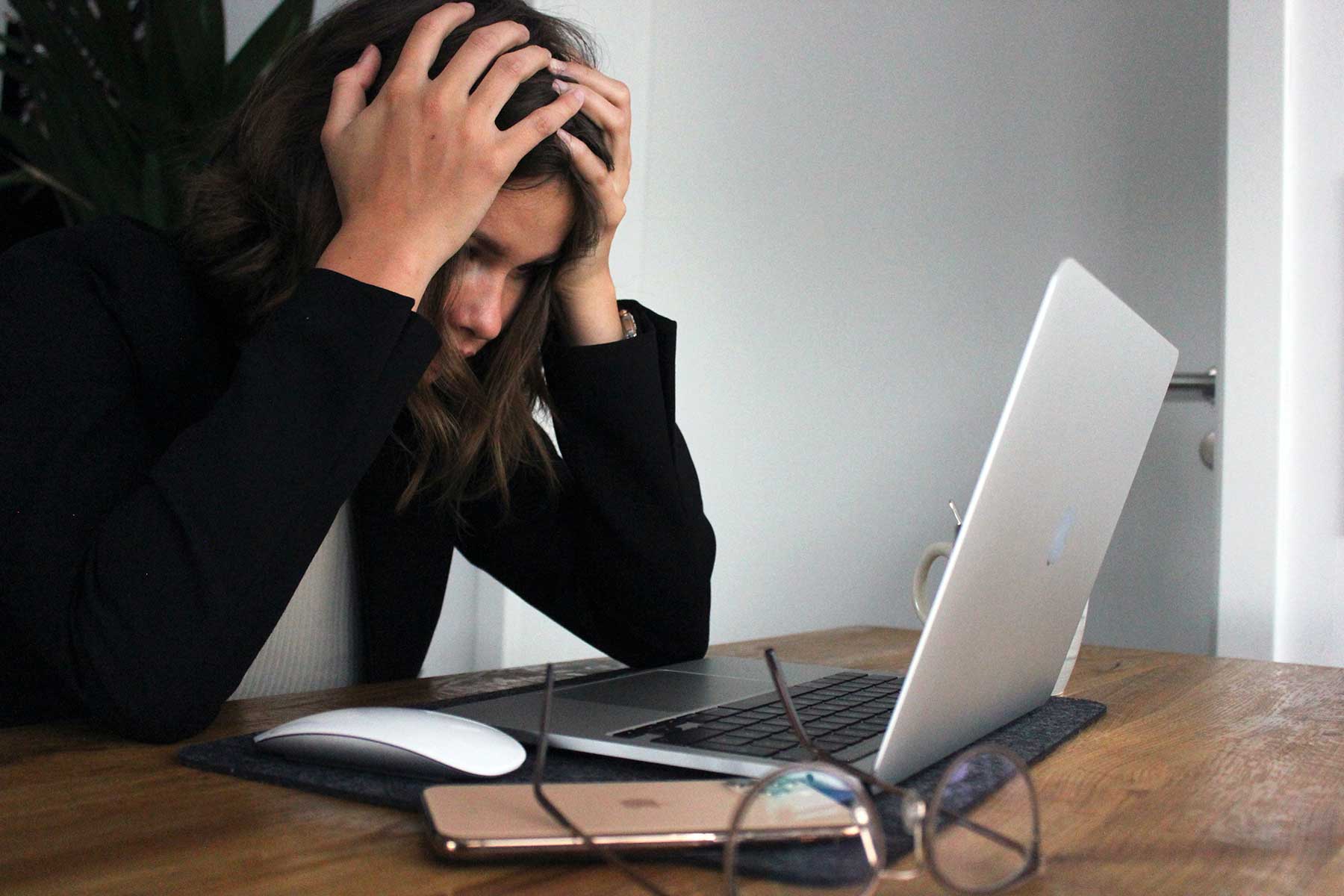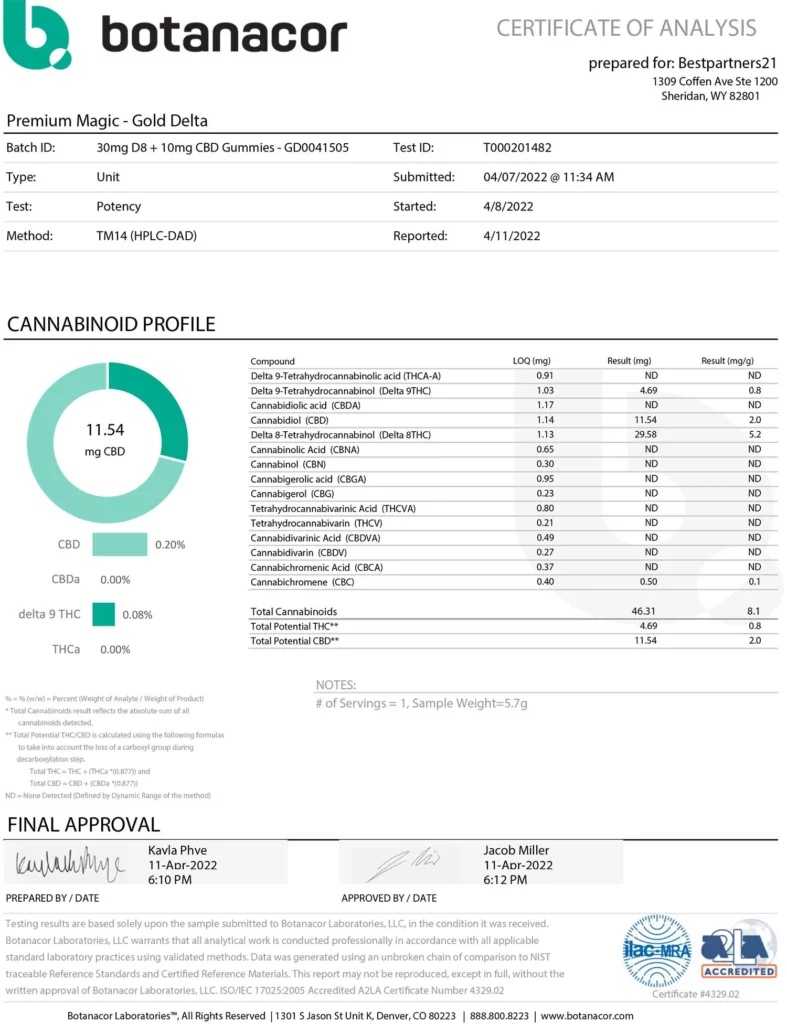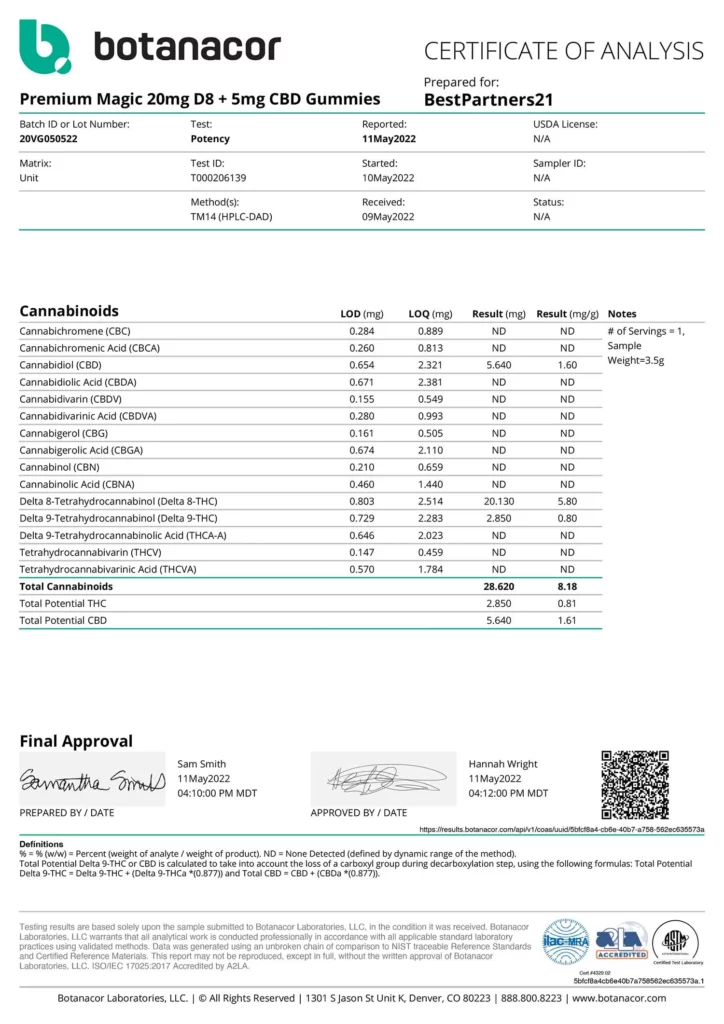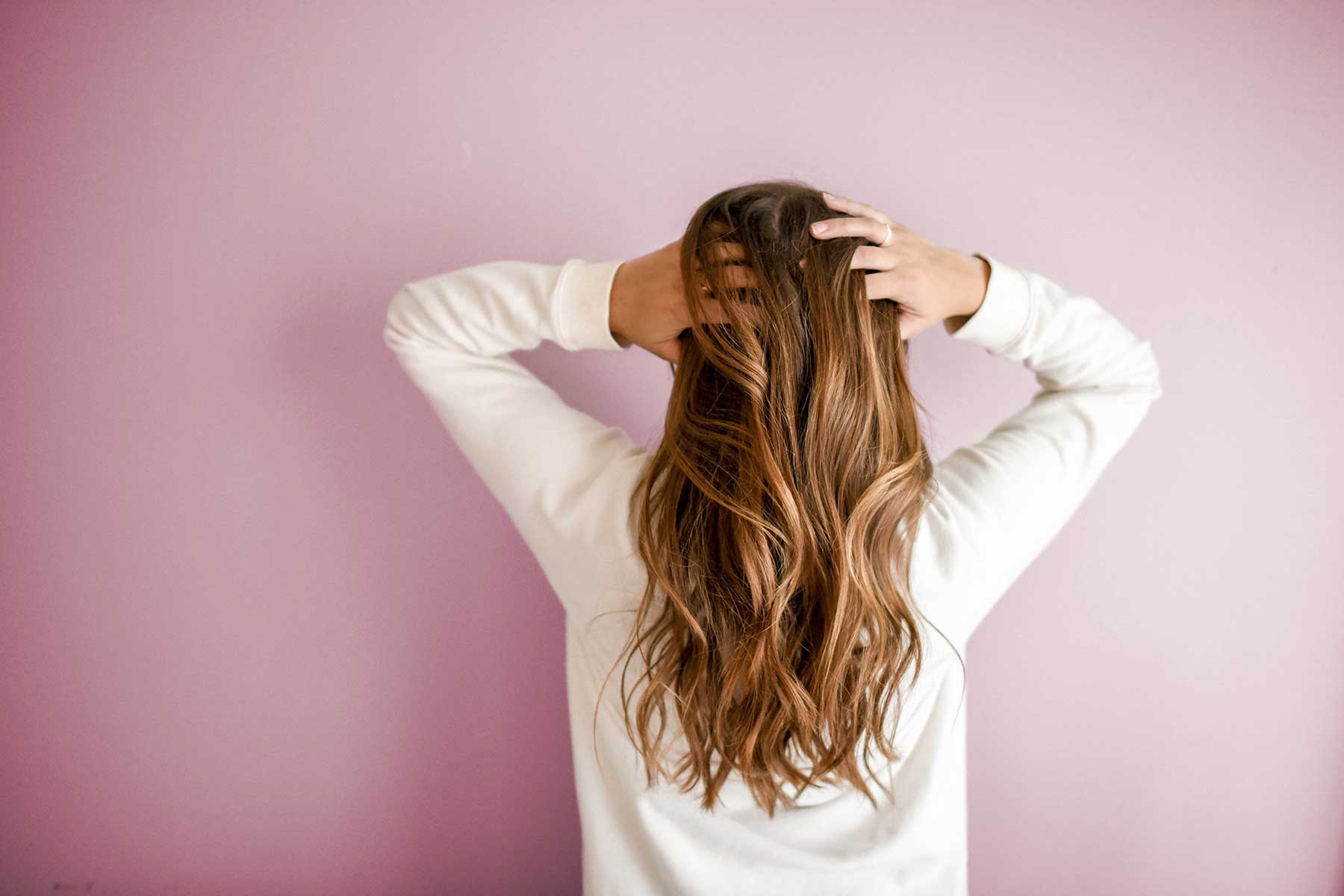
The Science of Healthy Hair: Nutrition and Care

Having healthy hair is important because it’s not just about looks; it’s about feeling good too. In this article, we’ll dive into the secrets of having healthy hair. We’ll look at two key things: what you eat (nutrition) and how you care for your hair.
So, if you’re curious about getting your hair in top shape, keep reading! We’ve got simple tips that anyone can follow.
The Structure of Hair: A Basic Overview
What’s Hair Made Of?
Hair might seem simple, but it’s pretty amazing when you look closer. It’s mostly made up of a protein called keratin. Imagine it like tiny building blocks that make up your hair strands. These blocks contain carbon, oxygen, hydrogen, nitrogen, and sulfur – all common stuff!
Why Does Hair Structure Matter?
Understanding how your hair is put together can help you take better care of it. Hair isn’t just one piece; it’s got layers. The outer layer is like shingles on a roof. They’re called cuticles and they protect the inner layers.
Inside, there’s the cortex, which gives your hair its color and strength. Think of it as the middle part of a sandwich. Then, in the center, there’s the medulla, which is like the sandwich’s core.
Knowing this helps you pick the right products and treatments. For example, if your cuticles are damaged, you’ll want products that repair them. And if you want to change your hair color, that’s all about the cortex.
So, remember, healthy hair starts with understanding what it’s made of!
Why Nutrition Matters
Nutrition is the key to having hair that’s as strong and vibrant as you want it to be. Let’s dig into why it’s so important.
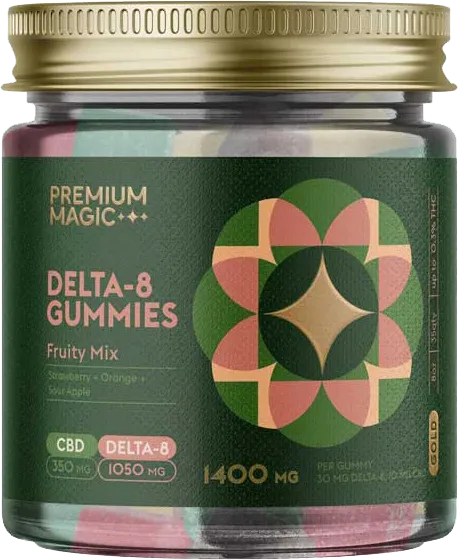
Delta-8 Gummies – Gold Fruity Mix
Original price was: $82.99.$38.99Current price is: $38.99.
Or Subscribe and Save 30%
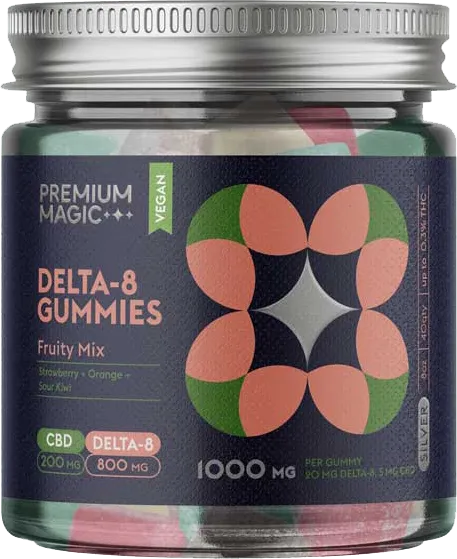
Silver Fruity Mix
Original price was: $68.99.$33.99Current price is: $33.99.
Or Subscribe and Save 30%
The Role of Vitamins and Minerals
Think of your hair like a garden. To grow beautiful flowers, you need the right nutrients, and your hair is no different. Vitamins and minerals are like the soil and water for your hair. Here are some important ones:
- Vitamin A: This one helps your scalp make a natural oil called sebum, which keeps your hair moisturized.
- B Vitamins (Biotin, Niacin, and more): They help with the overall health of your hair, and a lack of them can lead to hair loss.
- Vitamin C: This vitamin helps your body absorb iron from food, and iron is super important for hair growth.
- Vitamin D: It helps your hair follicles (the tiny hair-growing factories on your scalp) stay healthy hair.
- Zinc: This mineral helps your body make proteins, and your hair is mostly made of a protein called keratin.
- Iron: As mentioned, it’s crucial for hair growth. A lack of iron can lead to hair thinning.
Proteins and Their Importance
Imagine your hair as a house. Proteins are like the bricks that build the house. Without enough protein, your hair can become weak and brittle. So, it’s important to get enough protein from your diet.
Foods to Include in Your Diet
Now that you know what your hair needs, let’s talk about what foods can give you these nutrients:
- Lean meats: Chicken, turkey, and fish are rich in protein.
- Eggs: They’re not only a great source of protein but also biotin.
- Fruits and vegetables: Spinach, kale, carrots, and sweet potatoes provide vitamins A and C.
- Nuts and seeds: Almonds, walnuts, and flaxseeds contain zinc and other essential nutrients.
- Dairy products: Milk and yogurt are good sources of calcium, which helps with hair growth.
- Beans and legumes: They provide both protein and iron.
- Whole grains: Foods like brown rice and oats offer various vitamins and minerals.
Remember, a balanced diet is key. Try to include a variety of these foods in your meals to make sure you’re giving your hair all the nutrition it needs to thrive.
Nutritional Supplements for Hair
Sometimes, getting all the necessary nutrients from your diet alone can be a bit tricky. That’s where nutritional supplements come into play.
Over-the-Counter Options
You might have seen hair supplements at your local drugstore or online. They often contain vitamins and minerals like biotin, vitamins A and D, zinc, and more. These can be convenient if you’re not sure you’re getting enough nutrients from your meals.
Efficacy and Safety
While these supplements can help, they’re not magic pills. It takes time to see results, and they work best when your hair issues are caused by a deficiency in these nutrients. Be cautious not to overdose on them, as too much of certain vitamins can be harmful. It’s always a good idea to consult with a healthcare professional before starting any new supplement regimen.
The Role of CBD in Hair Health
CBD, short for cannabidiol, has been getting a lot of attention for its potential health benefits, including for hair. Let’s see what it’s all about.
How CBD Oil Can Contribute to a Healthy Hair
Your scalp is like the soil for your hair garden. A healthy hair is crucial for strong hair growth. CBD oil is thought to help in several ways:
- Reducing Inflammation: It has anti-inflammatory properties, which can soothe an irritated scalp.
- Balancing Oil Production: CBD might help regulate the sebum production on your scalp, keeping it from getting too oily or too dry.
- Strengthening Hair: Some believe that CBD can strengthen hair by preventing damage and breakage.
Addressing Myths and Facts
CBD can sound like a miracle cure, but it’s important to separate fact from fiction. It’s not a guaranteed remedy for all hair problems. Its effectiveness can vary from person to person, and more scientific research is needed to fully understand its role in hair health.
Also, make sure you’re using quality CBD products from reputable sources. Some products may contain very little CBD or harmful additives, so it’s essential to do your research and buy from trusted brands.
Proper Washing and Conditioning
Maintaining clean and well-moisturized hair is vital for its health and appearance. Let’s explore the basics of washing and conditioning your hair.
How Often to Wash Hair
Washing your hair every day isn’t always necessary, and it can strip your hair of natural oils. How often you should wash depends on your hair type:
- Oily Hair: You may need to wash every other day or every two days.
- Normal Hair: Washing every 2-3 days is usually sufficient.
- Dry Hair: Once a week might be enough to prevent excessive dryness.
The Right Temperature of Water
Hot water can feel relaxing, but it’s not the best choice for your hair. It can dry out your scalp and make your hair brittle. Instead, opt for lukewarm water. It helps open up your hair’s cuticles (those protective shingles we talked about earlier) for better cleaning without causing damage. Finish with a cool rinse to seal the cuticles and add shine.
Best Types of Shampoo and Conditioner
Choosing the right products can make a big difference in your hair care routine. Here are some tips:
- Shampoo: Look for a gentle, sulfate-free shampoo. Sulfates can be harsh and strip away natural oils. If you have specific hair concerns, like dandruff or color-treated hair, choose a shampoo designed for those needs.
- Conditioner: Match your conditioner to your hair type. If you have fine hair, use a lightweight conditioner. For thick or curly hair, go for a richer formula. Apply conditioner to the ends of your hair and avoid the scalp to prevent greasiness.
Remember, less is often more with shampoo. A small amount is usually enough to clean your hair thoroughly. For conditioner, focus on the ends where your hair needs the most moisture. By washing and conditioning your hair the right way, you can keep it clean, healthy hair, and looking its best.
Importance of Natural Oils
Your scalp naturally produces oils, and these oils play a crucial role in keeping your healthy hair and beautiful.
The Oils Naturally Produced by the Scalp
Your scalp has tiny glands that produce an oil called sebum. Think of sebum as your hair’s natural conditioner. It keeps your hair soft, shiny, and protected. But, if your scalp produces too much or too little sebum, it can lead to hair problems.
- Too Much Sebum: If your scalp overproduces sebum, it can make your hair look greasy and lead to issues like dandruff.
- Too Little Sebum: On the other hand, if your scalp doesn’t make enough sebum, your hair can become dry, brittle, and prone to breakage.
How to Maintain a Balanced Level
Maintaining the right balance of sebum is essential for healthy hair:
- Regular Washing: Washing your hair regularly with a mild shampoo helps remove excess sebum and dirt, keeping your hair clean and balanced.
- Avoid Overwashing: Washing your hair too often can strip away too much sebum, so find a balance that works for your hair type.
- Use Conditioner: Apply conditioner to the tips of your hair to keep them moisturized without making your scalp oily.
- Natural Oils: Some natural oils, like coconut oil or argan oil, can be applied to your hair as a treatment. They can help maintain a healthy hair balance and add extra shine and moisture.
Remember, every person’s hair is different, so it might take a bit of trial and error to find the perfect routine for maintaining the right oil balance.
Final Thoughts:
Having healthy hair isn’t just about looks; it’s about feeling good. We’ve learned that a balanced diet, rich in vitamins and minerals, is essential. Proper care, from washing to using natural oils, keeps your hair strong and shiny. So, take simple steps, make good choices, and you can enjoy the confidence that comes with healthy hair, beautiful hair. Start today!
